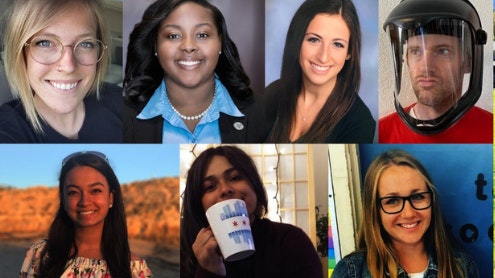Homepage
•
Learning Library
•
Blog
•
Adapting Learning Science for a Changing Learning Landscape
Expand breadcrumbs
Expand breadcrumbs
- Learning Library
- Blog
- Adapting Learning Science for a Changing Learning Landscape
- Homepage
- •
- Learning Library
- •
- Blog
- •
- Adapting Learning Science for a Changing Learning Landscape
Adapting Learning Science for a Changing Learning Landscape
By Nicole Krueger
November 18, 2020








